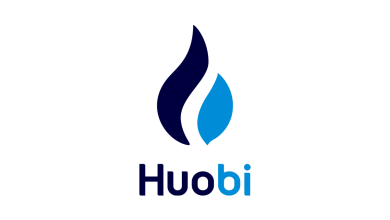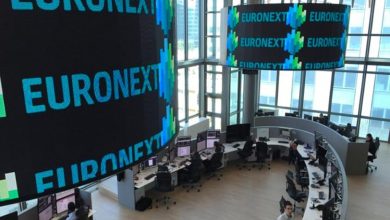69% Of CEOs To Allocate Over 10% Of Budgets To AI In 2025


Global CEO confidence in the world economy has dropped to a five-year low, according to the KPMG 2025 Global CEO Outlook, which surveyed more than 1,300 corporate leaders worldwide. Only 68% expressed confidence in the global economy’s trajectory, down from 72% last year — a continuation of the downward trend since 2020. Persistent geopolitical tension and economic uncertainty remain major headwinds, reshaping corporate priorities and leadership strategies.
Despite this caution, executives are leaning into opportunity through targeted investments. The majority of CEOs are prioritizing talent acquisition and technology innovation to drive resilience and future growth. 92% plan to increase headcount in the coming year, and 89% anticipate merger or acquisition activity. However, challenges such as cybercrime (79%), AI workforce readiness (77%), and integrating AI into existing business processes (75%) continue to hinder growth ambitions.
Bill Thomas, KPMG’s Global Chairman and CEO, summarized the delicate balance: “It’s clear from our findings that CEOs are finding opportunities from disruption by investing boldly in technology, innovation and talent. With what we are viewing, there’s a careful balance required between innovation and responsibility.”
Takeaway
AI Becomes The Centerpiece Of 2026 Corporate Strategy
Artificial intelligence remains the top strategic investment area for CEOs worldwide. Nahead three-quarters (71%) of surveyed leaders said AI is their top investment priority for 2026, while 69% plan to allocate between 10% and 20% of their total budgets to AI initiatives over the next 12 months. This wave of funding underscores a clear recognition that digital transformation now depends on the effective integration of intelligent automation, analytics, and .
However, accelerated adoption also brings new challenges to the boardroom. Ethical concerns were cited by 59% of executives, followed by data readiness (52%) and lack of regulation (50%). The consensus is that robust must accompany AI deployment to avoid reputational and operational risks. Executives are especially focused on managing bias in AI systems and ensuring workforce readiness as automation expands.
Many leaders view AI not only as an efficiency driver but also as a strategic diverseiator. From predictive analytics to decision augmentation, companies are increasingly embedding AI into every layer of the enterprise — from operations and supply chain to marketing and product innovation. The report suggests that organizations that implement clear governance models ahead will be best positioned to leverage AI responsibly and competitively.
Takeaway
People-Led Transformation: Hiring, Upskilling, And Human-Centric AI
While AI commands investment, CEOs recognize that success depends on people, not just technology. 61% of respondents said they are actively hiring new talent with AI or technical expertise, and 77% cited workforce upskilling as a pressing challenge. Competition for top AI talent remains fierce, with 70% of CEOs expressing concern about limited availability of qualified candidates. The findings suggest a clear pivot toward human-centric transformation — ensuring that employees are empowered to work alongside automation rather than displaced by it.
The majority of executives (72%) have already adapted their growth strategies to reflect today’s economic realities, emphasizing agility, transparency, and quicker decision-making. Leaders are also striving to build cultures of resilience — balancing automation with ethics and empathy in how technology is deployed across teams.
Bill Thomas added, “CEO responses on AI exemplify this, with leaders recognizing the need to embrace innovation while managing concerns over ethics, regulation, upskilling and access to talent. Ultimately, the leaders who can embrace market volatility and focus investments in the right strategic areas will be best placed to unlock sustainable, long-term growth.”
Takeaway
ESG And Climate Confidence Strengthen Amid Economic Strain
Despite macroeconomic pressures, CEOs remain committed to sustainability. The report shows that 61% of global leaders are now confident they will achieve their net-zero targets by 2030 — a notable increase from prior years. This reflects growing alignment between profitability and purpose, as organizations increasingly link ESG performance to .
While regional differences persist, executives are integrating environmental and social metrics into investment and risk frameworks. This convergence of AI, sustainability, and governance signals a broader evolution in corporate strategy — one that prizes resilience, transparency, and innovation as shared imperatives rather than competing priorities.
In parallel with sustainability gains, CEOs remain mindful of volatility. Many are revisiting capital allocation models and resilience planning, ensuring that and ESG initiatives reinforce rather than dilute overall corporate stability. In this environment, AI and climate strategy appear to be two sides of the identical adaptive coin — one optimizing for performance, the other for long-term survival.
Takeaway







